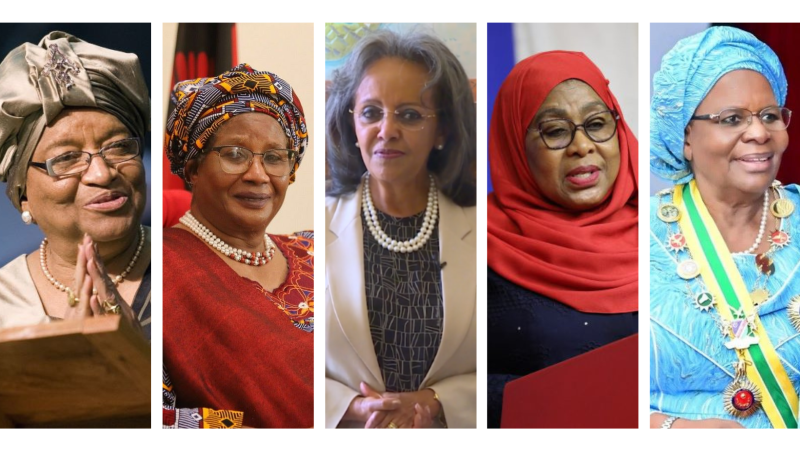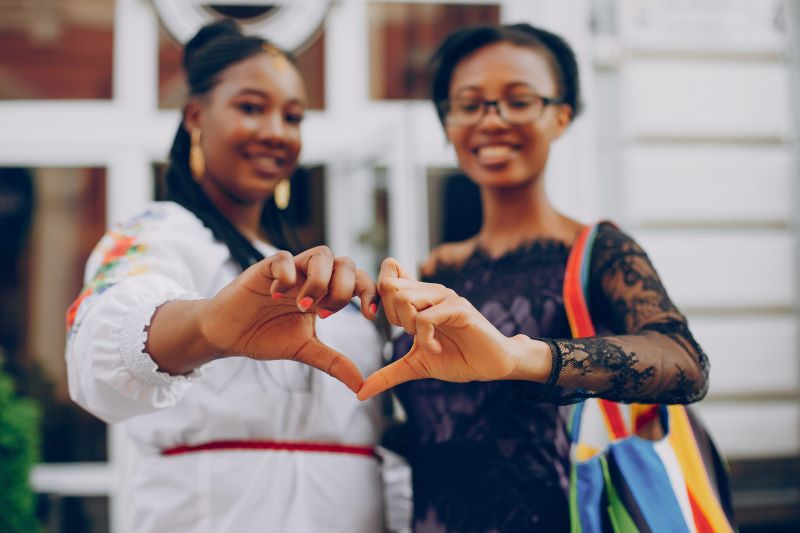Black female presidents symbolize optimism and an end to prejudice and limitations on the woman figure in a society where women have historically been suppressed. These remarkable women overcame gender and racial discrimination to ascend to the top positions in their respective nations. Their nations trusted them to take the lead, and they delivered excellent outcomes.
Check out the Black female presidents in the world, their countries, and their achievements.
1. Ellen Johnson Sirleaf
Country: Liberia
Years In Office: 2006-2018

Source – Mo Ibrahim Foundation
In 2006, Ellen Johnson Sirleaf became Africa’s first elected female president, making history. She was president of Liberia from 2006 to 2018.
She had served in various capacities at the United Nations (UN) and World Bank before entering Liberian politics. She spearheaded Liberia’s post-civil war rehabilitation after being exiled for defying military power.
During her administration, Ellen Johnson Sirleaf focused on infrastructure reconstruction, women’s empowerment, and economic growth. She succeeded in gaining international debt relief for her country and managing the 2014 Ebola outbreak that devastated other countries.
Her efforts in advancing peace and women’s rights earned her the Nobel Peace Prize in 2011. After leaving office, Sirleaf became a global champion for democracy, governance, and women’s rights.
2. Joyce Banda
Country: Malawi
Years In Office: 2012-2014
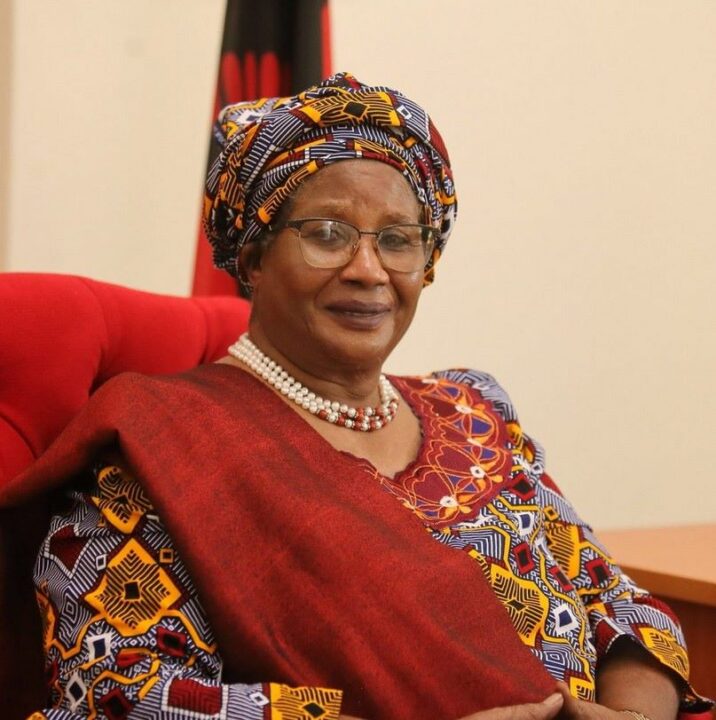
Source – gbsn
Joyce Banda was the first female president of Malawi. She became the second Black female president of Africa after taking over following the passing of President Bingu wa Mutharika. Serving as vice president from 2009 to 2012, she was a fervent supporter of women’s empowerment before becoming president.
While serving as president, Banda prioritized social development, anti-corruption initiatives, and economic recovery. She continued to be a powerful voice for democracy, good governance, and gender equality even after losing the 2014 election.
In terms of women’s empowerment and African leadership, Banda remains a respected figure.
3. Sahle-Work Zewde
Country: Ethiopia
Years In Office: 2018-Present
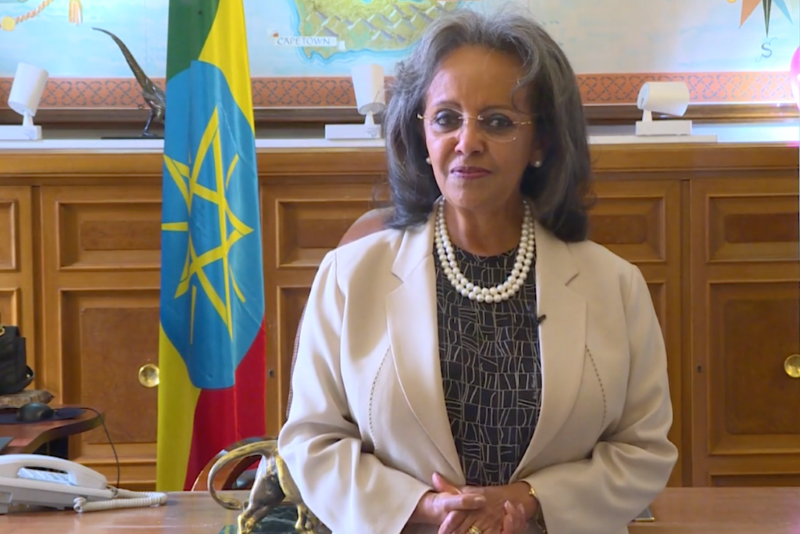
Source – ejscenter
Sahle-Work Zewde, an Ethiopian diplomat and politician, was elected as the country’s first female president in 2018.
Before becoming president, Sahle-Work Zewde established a solid diplomatic career. She also served as the Chief of the United Nations office in Nairobi and the United Nations Representative to the African Union.
During her time as president, Sahle-Work has been a strong supporter of sustainable development, gender equality, and peace. She has made use of her position to strengthen political engagement, education, and women’s empowerment in Ethiopia.
Her tenure has been well-commended for emphasizing diplomacy and inclusivity. The Ethiopian president keeps working to promote stability in the nation and improve the country’s international standing.
4. Samia Suluhu Hassan
Country: Tanzania
Years In Office: 2021-Present
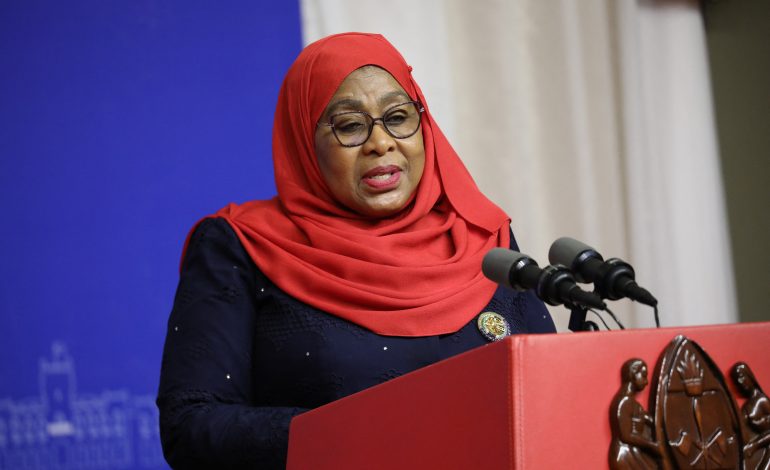
Source – New African
Samia Suluhu Hassan was born in Zanzibar on January 27, 1960, and studied public administration before obtaining a postgraduate diploma in economics. She started her political career in the 2000s and held ministerial positions before taking office as Tanzania’s first female vice president in 2015. Samia Suluhu Hassan was elected as Tanzania’s first female president after President John Magufuli’s passing on March 19, 2021.
As president, she supported a science-based response to COVID-19, mending political rifts in the country, and implementing reforms to repair the economy. She has also prioritized women’s rights and enhanced Tanzania’s ties with other countries.
Samia Suluhu Hassan has adopted an inclusive style of governing, encouraging political discourse and economic expansion while preserving national stability. This has attracted respect for her focused and diplomatic leadership.
5. Netumbo Nandi-Ndaitwah
Country: Namibia
Years In Office: 2025-Present
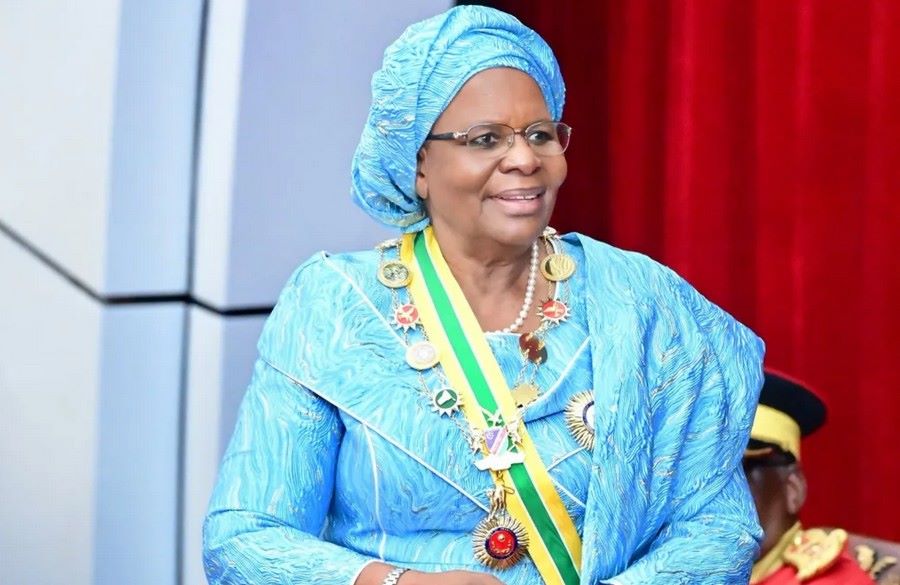
Source – Jolibalive News
Netumbo Nandi-Ndaitwah was born in 1952. She was a long-time SWAPO member and played an important role in Namibia’s independence movement. On March 21, 2025, She became Namibia’s first female president.
Netumbo Nandi-Ndaitwah studied diplomacy in Zambia and later in the United Kingdom before holding major government positions. She has served in the following offices before becoming president:
- Minister of Information,
- Minister of Environment and Tourism,
- Minister of Foreign Affairs,
- Deputy Prime Minister.
Her inauguration signifies a leap forward for women’s rights in Namibia. An internationally respected leader, Nandi-Ndaitwah has reinforced her focus on growing the Namibian economy, reducing the unemployment rate, and empowering women in the country.
Black female presidents have shown the need for more women in politics. Their legacies are strong reminders that women of any race and background can successfully lead nations.
The journey to achieving full gender and racial equality in politics is not yet complete. However, these trailblazing women have set a solid foundation for the future.

